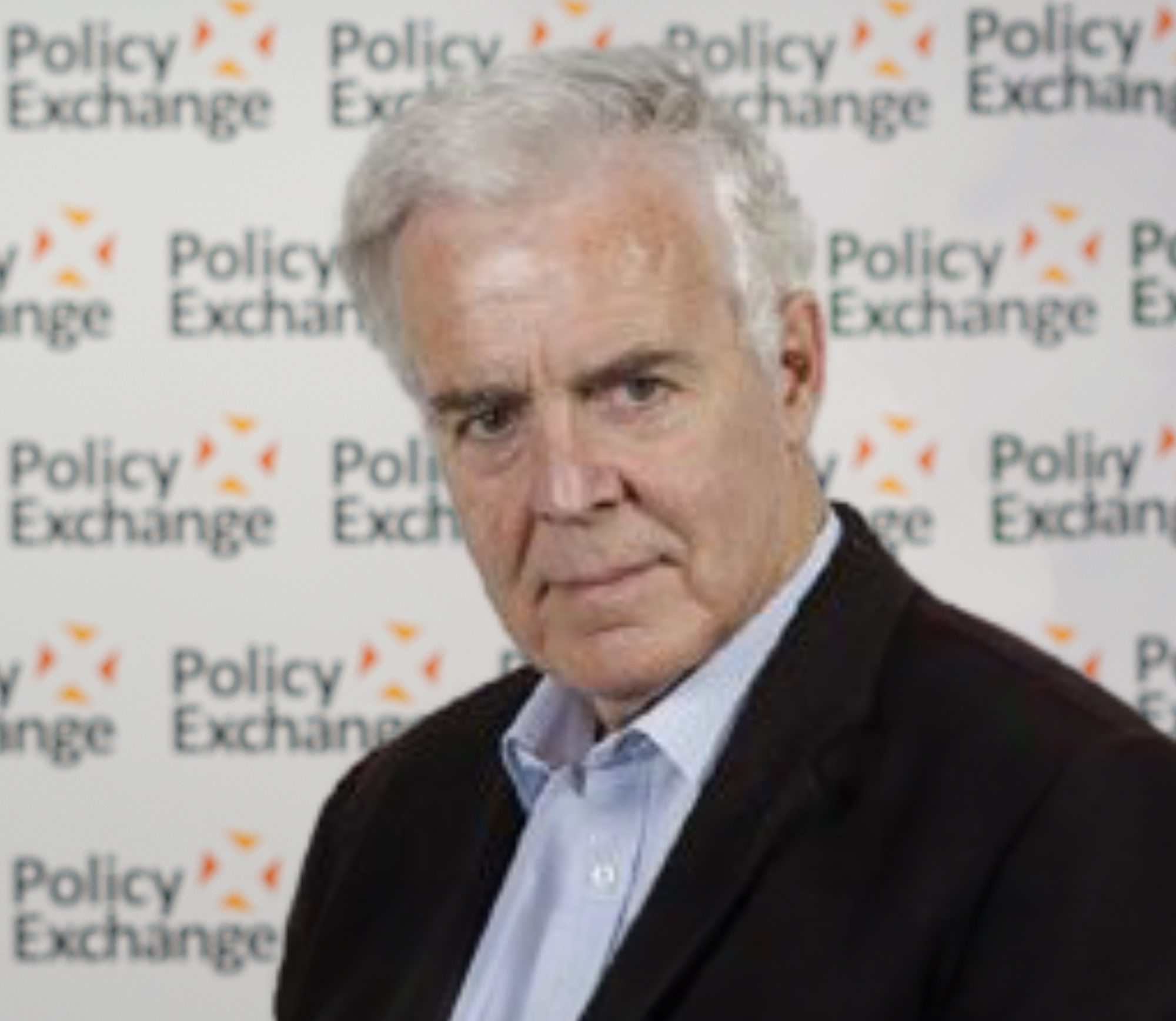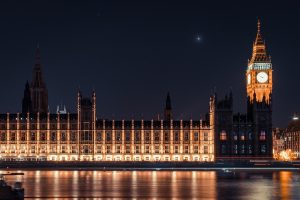“A pudding without a theme” was how Kwasi Kwarteng, Business Secretary, speaking in the House of Commons this week, described Theresa May’s 2017 industrial strategy. He had been asked by Greg Clark, who was in charge of what Mrs May had renamed the Department for Business, Energy and Industrial Strategy (BEIS), why the government had scrapped the strategy. Mr Kwarteng went on to say that the economy was in a very different state from what it had been in 2017, and that the government had “morphed” the old strategy into the new “plan for growth”.
Since taking over in 2019 ministers in the Johnson government have avoided using the words “industrial strategy”, perhaps because the phrase was too reminiscent of the mistakes made in the 1960s and 1970s, or because they wanted to distance themselves from what had been the flagship of Mrs May’s administration. But, as the events of the last few days have shown, their distaste for the phrase is more than a matter of words.
The government has closed down the Industrial Strategy Council, which was set up by Mrs May to provide impartial and expert evaluation of her newly launched strategy. It has also dismantled the Industrial Strategy Directorate in BEIS. To the extent that the government’s plan for growth (which was published with the Budget on March 3) involves any sort of industrial policy, it is likely to be driven mainly by the Treasury.
That Mrs May’s strategy had imperfections is not in doubt. It was too ambitious and too wide-ranging. The Council, in its first annual report, identified no less than 142 distinct policies, most of which had received little if any funding and were unlikely to operate at a scale necessary to have a material impact on the economy. There was a strong case for slimming down, with a sharper focus on a smaller number of high-priority missions.
Whether these flaws were sufficient to justify what seems to be something of an upheaval in Whitehall – and in relations between government and business – depends on what happens next. For example, what is the future of the Industrial Strategy Challenge Fund, through which the government has supported the various projects that make up the strategy? This fund has backed several projects deemed to be of national importance, such as the Vaccines Manufacturing and Innovation Centre and the UK Battery Industrialisation Centre.
No doubt funds can be found from other sources to support projects of this kind, but it is not clear why the existing structure could not have been retained. A wholesale reorganisation seems an unnecessary distraction when the government has many other pressing tasks, including the imminent creation of the new science funding agency, the Advanced Research and Invention Agency (ARIA).
What makes the change all the more surprising is that it comes after what has been, by British standards, a long period of relative stability in government industrial policy. After the “picking winners” era of the 1960s and 1970s (better described as “picking losers”) interventionist industrial policy was largely off the political agenda under the Thatcher government and its Conservative successors. Tony Blair’s New Labour stuck to the same line, until the financial crisis of 2008. At that point Peter (now Lord) Mandelson, Labour’s Business Secretary, introduced the concept of “industrial activism”, not picking winners in the old sense but looking strategically at each sector of the economy and considering what could be done to help them.
This approach was taken further under the Conservative-Liberal Democrat government which held office between 2010 and 2015. By this time industrial policy had come back into fashion, and the Business Department, led by Vince Cable and David Willetts, set in train a number of initiatives aimed at strengthening existing industries, such as aerospace, cars and pharmaceuticals, and fostering new ones. Theresa May and Greg Clark built on what had been started under the Coalition.
There is room for argument about whether the revival of industrial policy since 2010 has been good for the British economy. Indeed, that is a question which the present government might have sought to answer before setting off in new directions.
How radical the changes will be should become clear in the next few months. One thing, however, seems certain: there will be yet another new name for the business department. When Theresa May established BEIS in 2016 it was the fifth change of name since Edward Heath created the Department of Trade and Industry, combining the Board of Trade with Labour’s short-lived Ministry of Technology, in 1970. Whatever new name Boris Johnson chooses, it is unlikely to be the last.



